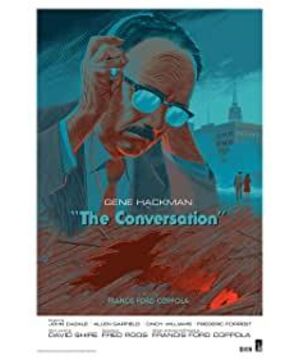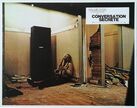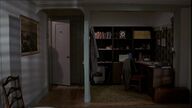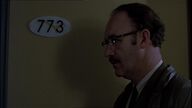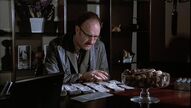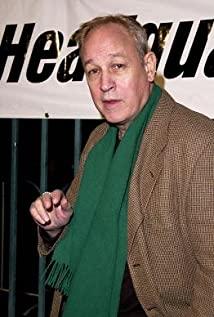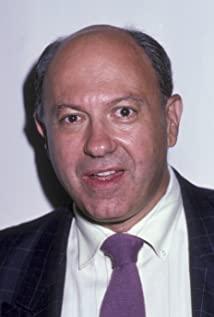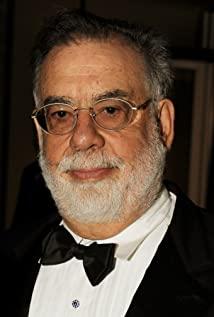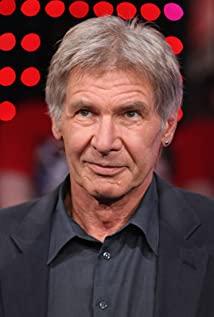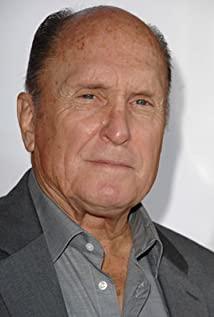Harry Cole (Gene Hackman) is a master eavesdropper in the United States and a leader in the eavesdropping industry. This time he was hired to eavesdrop on a couple of lovers walking in the square. The eavesdropping was successful, but an accident happened when he handed in the materials. He discovered that the target of the eavesdropping was the employees of the company's boss who hired him. This discovery plunged him into a complicated inner struggle and weighing pros and cons. The story develops from this.
In the process of his inner struggle, it was Harry's dream that played a decisive role: the diffuse smoke, the depressed environment, and the background of the eavesdropping sound well showed Harry's inner anxiety and anxiety. He was lost, couldn't see the direction, and didn't know what to do. But after a series of tortures on himself, he still made the decision to destroy the tape, but unfortunately things turned out to be counterproductive in the end. It was the word "kill" that made him make up his mind. At this time, the character showed a deeper contradiction: Although he was doing the gray work of spying on the privacy of others, he still adhered to his own moral standards in his heart. He didn't want to take the extra harm of losing privacy to the parties because of the materials he provided. At this time he realized that only he could prevent the situation from getting worse. He first cautiously asked about the situation that the person would face next. But he did not get a clear answer, so he had to make a final effort based on the information provided by the tape. But what can he do? He was an eavesdropper, and the voyeur was not a law enforcer. As a result, he witnessed part of the killing. At this time, we can see through Harry's approaching madness and the switching of different angles of the camera, that Harry's heart is close to the edge of collapse. He wanted to talk to the boss, but found that the boss was killed. Only then did he realize that he was being used. But in the face of this fait accompli, he can only solve it by playing the saxophone.
In 1972, the American "Watergate Incident" was exposed and continued to ferment in American society. In this context, the seemingly untrue story of "Dialogue" is very critical and ironic. Although the film does not directly show the "Watergate Incident", we can easily perceive the pertinence of the story from the side effects in Moran's words.
In addition, we can notice that the so-called "supervision and security technology exchange meeting" in the film is essentially an exhibition of eavesdropping equipment and an exchange meeting of eavesdroppers. It can be seen that the behavior of peeping at others' privacy was rampant at that time, and there were even voyeurs like Moran who saw the money open. It seems that the entire American society is suffering from a "crisis of trust". At that time, the United States was completely in an "eavesdropping era." But, are all the eavesdroppers like Moran, seeing money open their eyes with no moral bottom line? On the contrary, when Harry was watching the surveillance, an imperceptible line flashed across the screen. It was a line from the demonstrator of the eavesdropping device: "This is not to promote crime but to serve justice." Such a set of high-sounding rhetoric. It was inseparable from the government's large-scale wiretapping, but it was the commission of the Ministry of Justice that made Harry's hands stained with blood.
In this context, the result is the collapse of trust between people. This detail is also reflected everywhere in the film. The first is Harry's question after his neighbors wished him a happy birthday and brought him a birthday present. Then, he was irritable and uneasy in the face of his lover's questions. He cannot trust them. He was afraid of being caught. Then to the show girl at the trade fair, Harry trusted her completely. But she betrayed Harry and sent the tape to Harry's employer. The intrigue between people is displayed in a dramatic way by Coppola, which is even more thought-provoking.
The opening and ending of the film can be said to be the most exciting part of the film. Harry "demolished" the house and couldn't find the bug that was installed in the house. At this time, first returned to the scene of lovers kissing in the square, and then Harry was playing the saxophone, a long scan of the house showing the devastation of the house. During this period, how did Harry's heart change?
Looking back at the opening scene, a long aerial shot of nearly three minutes. The voices of artists singing in the square are intertwined with the looming electric sound of eavesdropping signs. The constantly changing subject of the lens makes us confused with who is the target. At the same time, we are also trying to We convey the message that everyone can be a target. Combined with the scene of the two kissing each other, a reasonable guess is: Harry compromised. Because everyone can be a victim, and everyone can be a voyeur. This is the "eavesdropping era" that Coppola is trying to describe.
Although "Dialogue" is not as well known as the "Godfather" series and "Apocalypse Now", it is undeniable that "Dialogue" is also a successful masterpiece of Coppola.
View more about The Conversation reviews


